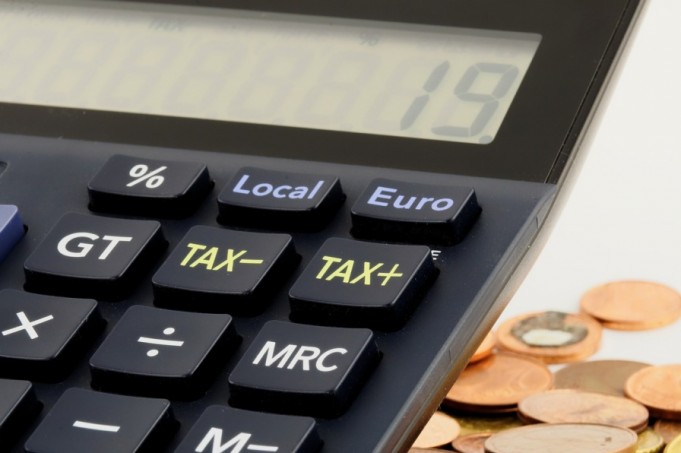5 Important Things About Capital Gains Tax
1. Capital gains are not just for the rich
The most important thing we need to know about capital gains tax is that it is not just for the rich. It is for anyone who sells an asset or property should know that capital gains tax may apply. Internal Revenue Service (IRS) points out that everything you own qualifies. That’s the case whether you bought it as an investment, or for personal use, such as a car or a big-screen TV.
If you sell something for more than your basis or cost price, then the difference is a capital gain. And you will need to report that gain on your taxes. Your basis includes not only the price of the item but for any other costs you had to pay to acquire it, including:
- Money spent on improvements, such as a new addition to a building.
2. Your home is exempt
The single biggest asset many people have is their home, and there are important things they need to know about capital gains tax. The good news is that the tax code allows you to exclude some or all from the capital gains tax, as long as you meet three conditions:
- You owned the home for at least two years in 5 years before the sale.
- You used the home as your primary residence for two years in 5 years.
- Lastly, you have not excluded the gain from another sale in 2 years before the sale.
If you meet these conditions, you can exclude up to $250,000 of your gain if you are single, $500,000 if you are married but filing jointly.
3. Length of ownership does matter
If you sell an asset after owning it for more than a year, it is a long-term capital gain. If you sell it in less than a year, it’s a short-term capital gain. Your capital gain is taxed, depends on how long you owned the asset before selling.
4. Capital losses can offset capital gains
As anyone with much investment experience can tell you, there are 5 important things they need to know about capital gains tax. That is things do not always go up in value, they go down. If you sell something for less, you have a capital loss. Capital losses from investments can be used to offset capital gains.
If capital losses exceed capital gains, use the loss to offset up to $3,000 of other income. If you have more than $3,000 in excess capital losses, the amount over $3,000 can be carried forward. It is to offset capital gains or to future income in those years.
5. Business income cannot be a capital gain
If you operate a business that buys and sells items, your gains will be considered a tax. Many people buy items at antique stores and then resell them in online auctions. Do this with the intention of making a profit, and the IRS will view it as a business. Therefore, you need to know there are 5 important things to know about capital gains tax, which were discussed.









